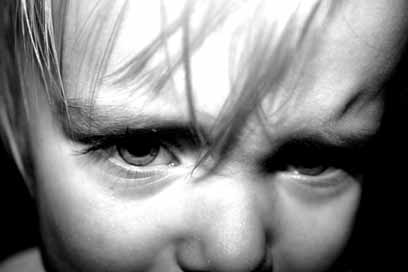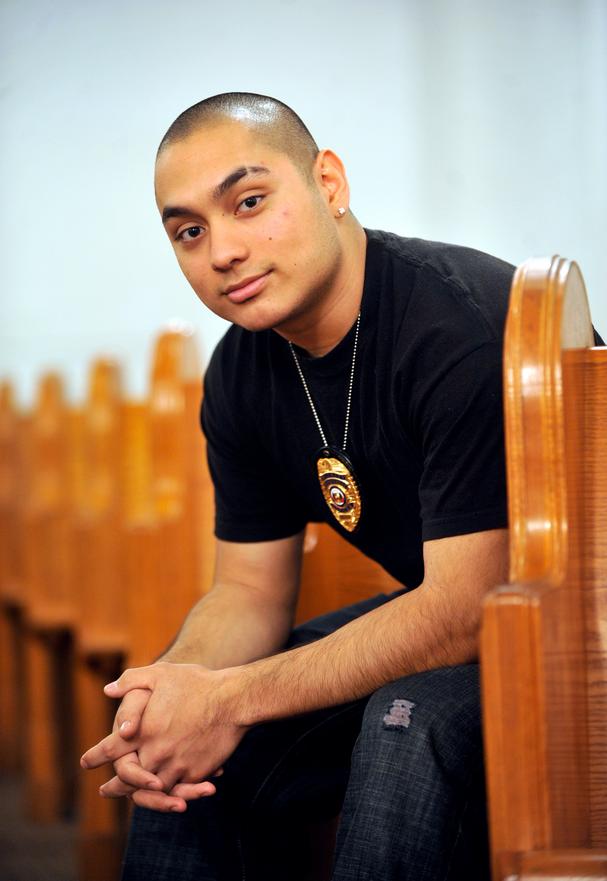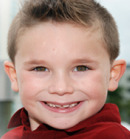
52% of foster kids are prescribed psych drugs—One of them is fighting back
At just 6 years of age, still grieving over the death of the only mother he had ever known, his foster mother, Giovan Bazan would receive the first of many psychiatric ‘diagnoses’ and drugs that would plague him for the next twelve years of his life. Moved from foster home to foster home, orphanages and other modes of state care, Giovan was stigmatized with a plethora of psychiatric diagnoses and drugs until the age of 18, when he could finally make his own medical decisions and quit. Now a child advocate working part time at the Division of Family and Children Services (DFCS) in Georgia, Giovan is on a mission: To get a full-time job with DFCS and help enact laws to combat the wholesale labeling and drugging of foster children. In the video below, Giovan tells his story and why he decided to fight back against the abuse of kids in foster care.




